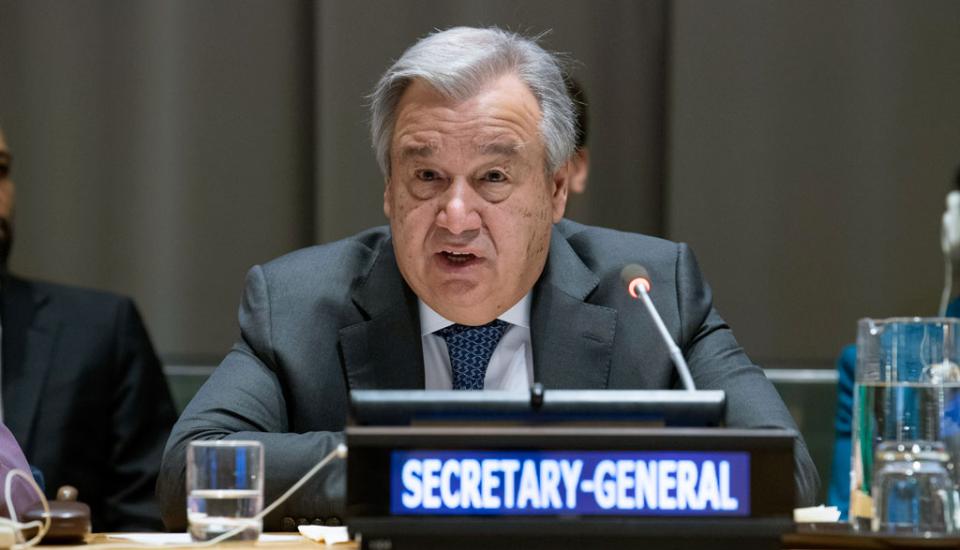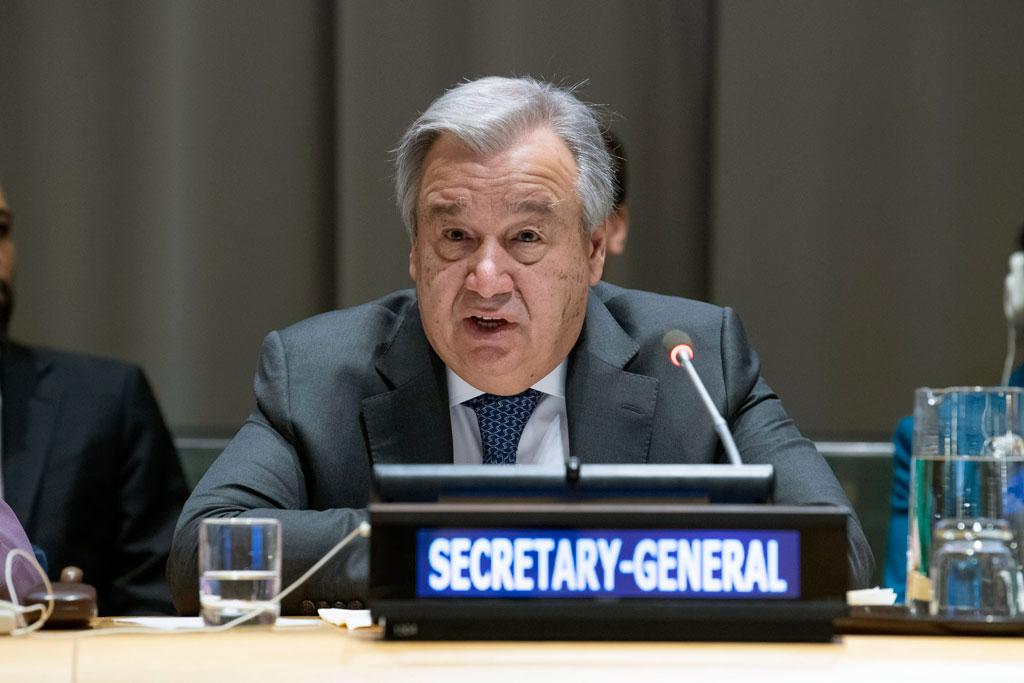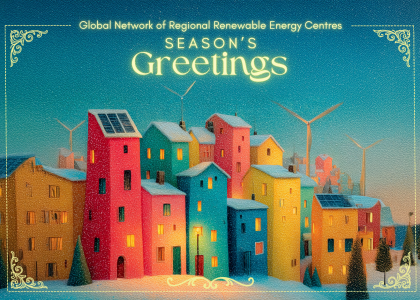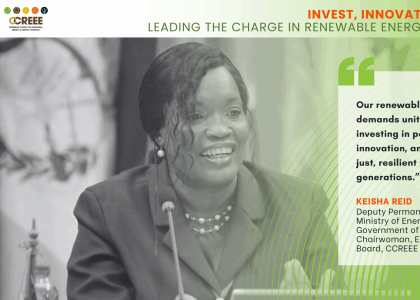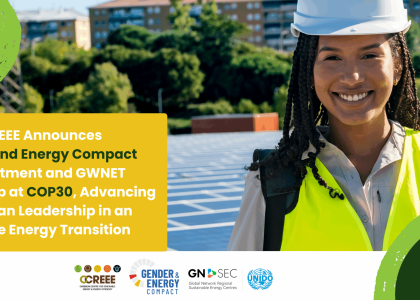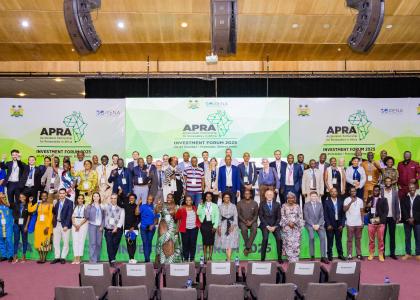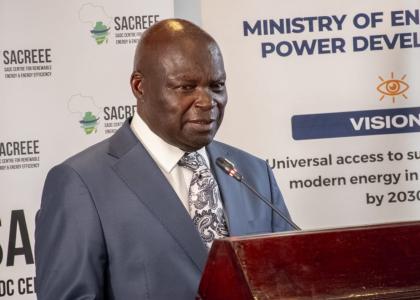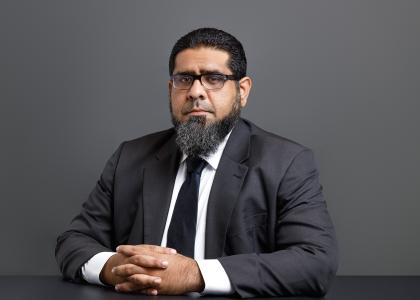18th May 2019, Port Vila, Vanuatu. Over the past week, I have witnessed first-hand the impacts of climate change in the Pacific Island States. They contribute very little to the global climate emergency and yet, they are the ones that are being most affected. For some of them, climate change is now an existential threat.
The risks are all too real. Entire villages are being relocated, livelihoods are being destroyed, people are getting sick from climate-related diseases, and in Tuvalu I saw an entire country fighting to preserve its very existence.
What is remarkable about these countries is that while facing this enormous challenge, they have decided that they are not giving up. They are determined to find solutions and have developed ways to increase their resilience and adaptation. Not only that, but they are leading the way in reducing emissions and are an example that the rest of the world should follow.
Their voice is loud and clear: climate change cannot be stopped by the small island countries alone, it has to be stopped by the rest of the world.
We must understand that the battle against climate change requires the political will for transformational policies in energy, mobility, industry and agriculture. This is why in the Pacific I have consistently conveyed three urgent messages to world leaders:
First, we must shift taxes from salaries to carbon. We need to tax pollution, not people.
Second, we must stop subsidizing fossil fuels. Taxpayer money should not be used to boost hurricanes, spread drought and heatwaves, melt glaciers and bleach corals.
Third, we must stop building new coal plants by 2020. We need a green economy not a grey economy.
What we ask for is not solidarity, it’s not generosity, it is enlightened self-interest from all decision-makers around the world because it’s not only of the Pacific that is at stake, it’s the whole planet. To save the Pacific is to save the whole planet.
For further information please click here.
Source: United Nations

